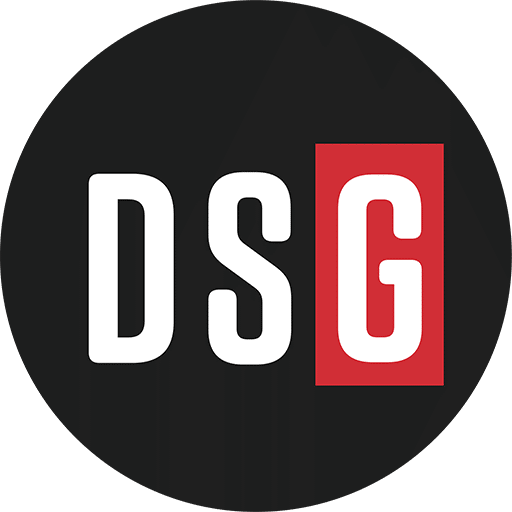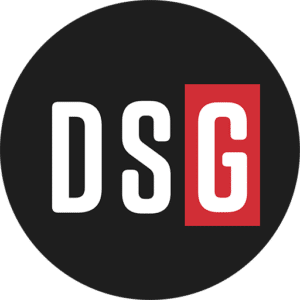Pattern Group Inc., an ecommerce acceleration platform that helps consumer brands sell through Amazon, Walmart and dozens of other digital marketplaces, has filed for a $400 million initial public offering on the Nasdaq under the ticker PTRN. Goldman Sachs and J.P. Morgan are lead underwriters.
For wholesale distributors, the IPO is more than a Wall Street milestone. It’s a warning shot that brands are increasingly shifting resources toward marketplace-first strategies—powered by data and automation—instead of relying on traditional distribution channels.
Founded in 2013, Pattern uses artificial intelligence and machine learning to process more than 46 trillion data points and add 100 billion more each week. Its platform automates pricing, advertising, content, forecasting and customer service for more than 60 online marketplaces worldwide. The company positions itself as a turnkey growth engine for consumer brands, eliminating the need to build large internal teams—or depend on distributor-led ecommerce.
Pattern has scaled quickly. Revenue hit $1.8 billion in 2024, up 31% from the prior year, while net income more than doubled to $42.5 million. For the first half of 2025, revenue surged 35% to $1.14 billion, with net income rising 31% to $47 million. More than 87% of sales came from long-term brand partners, and the company posted a net revenue rate of 116%.
Pattern plans to use IPO proceeds for working capital, acquisitions, and technology investments, while also covering tax obligations tied to restricted stock units. Its last private valuation was about $2 billion in 2021.
Pattern’s success highlights a growing competitive threat. Marketplaces already account for 58% of global ecommerce sales, and in the U.S., they are expanding 1.5 times faster than direct-to-consumer channels. Pattern’s model—using AI to optimize marketplace sales at scale—encroaches directly on functions distributors have traditionally controlled: pricing, inventory management, compliance, and marketing.
If Pattern’s IPO delivers fresh capital and market credibility, analysts say it could accelerate a shift that further weakens the distributor role in connecting brands with customers. Wholesale firms that have been slow to develop digital and AI capabilities may find themselves squeezed as brands to gain new tools to go direct.
The bottom line: Pattern’s public debut is not just about ecommerce. It’s another sign that distributors must adapt quickly to a world where AI-driven platforms increasingly dictate how brands reach buyers.
Don’t miss any content from Distribution Strategy Group. Join our list.


